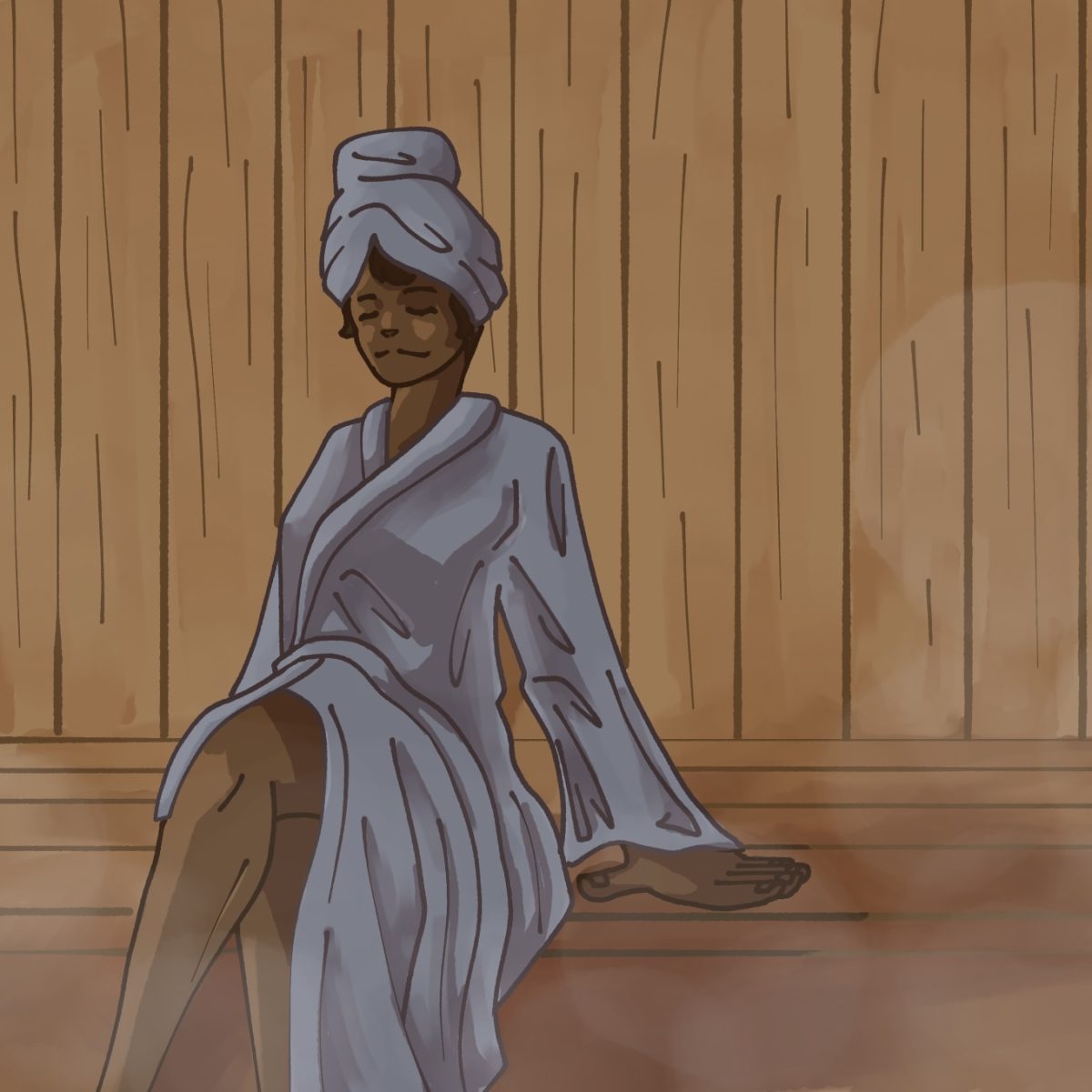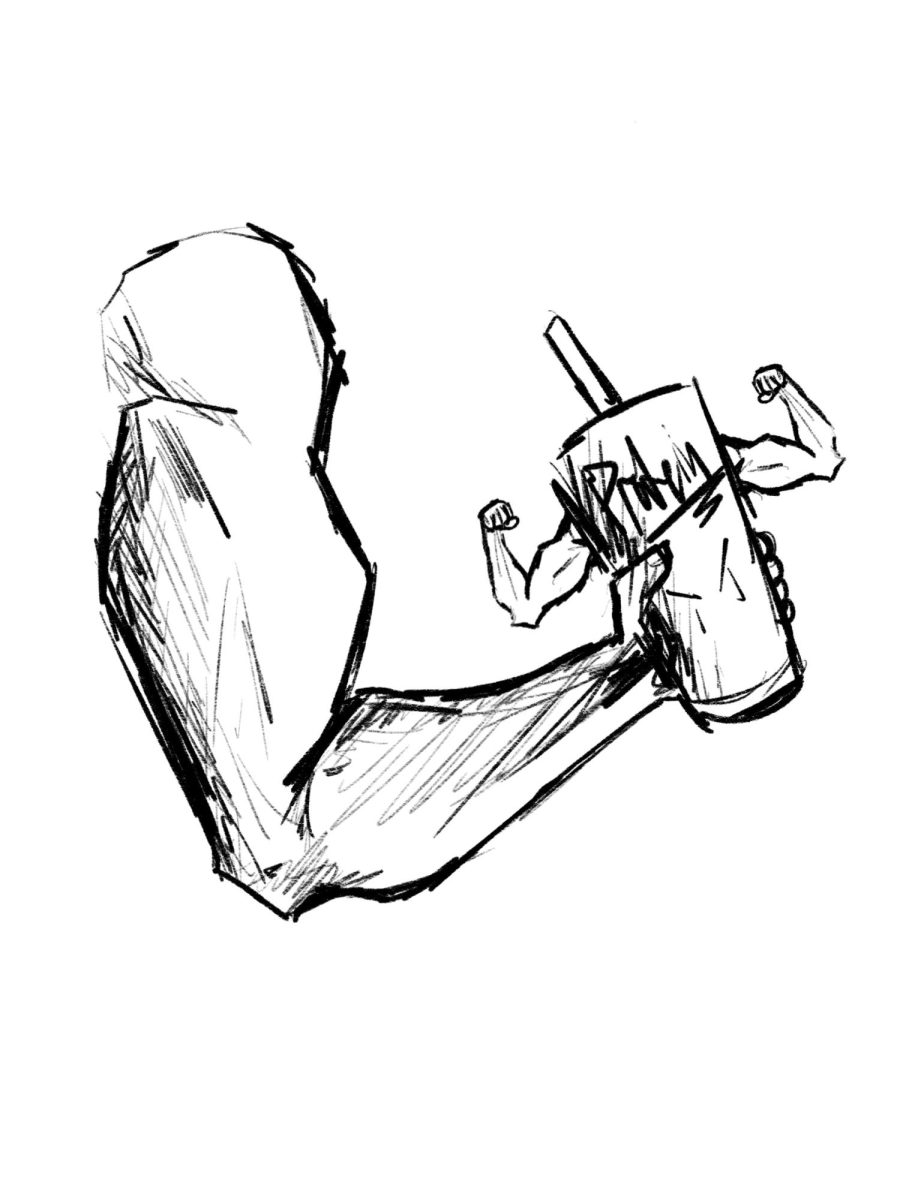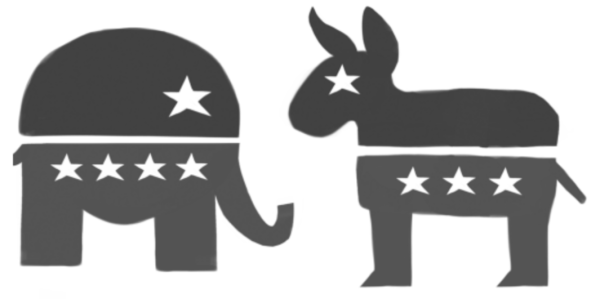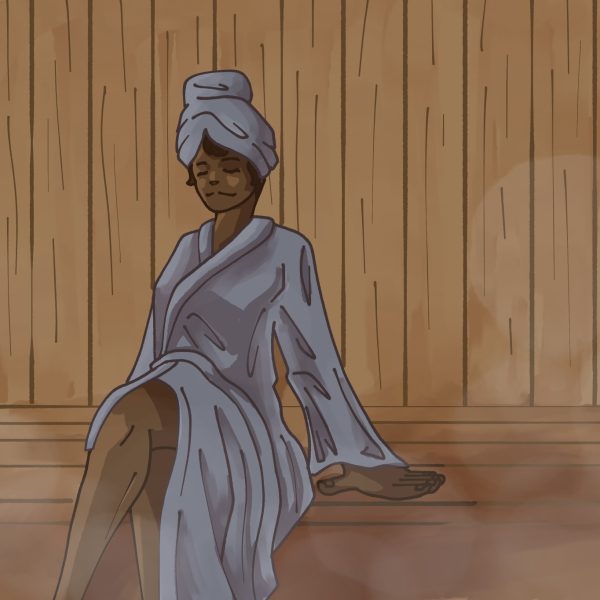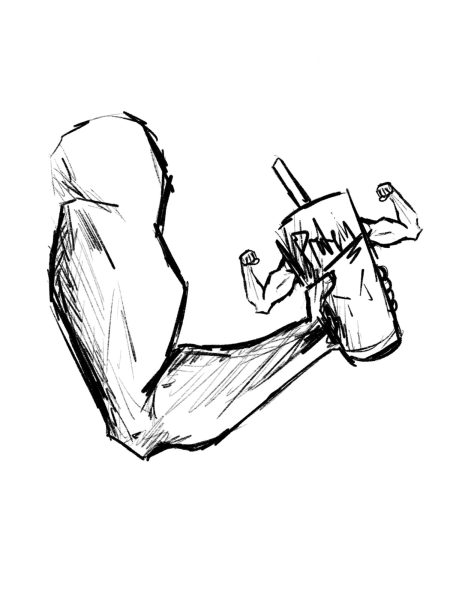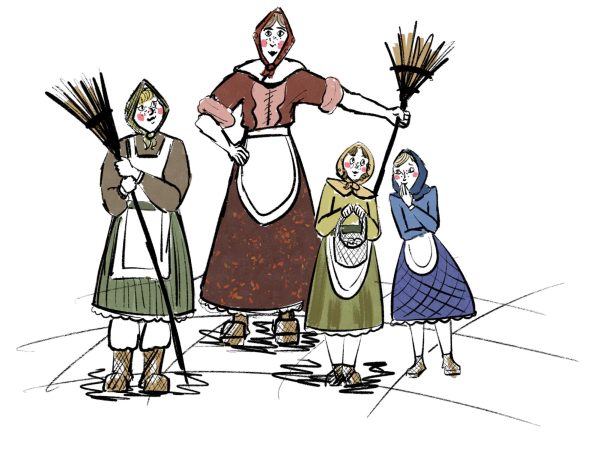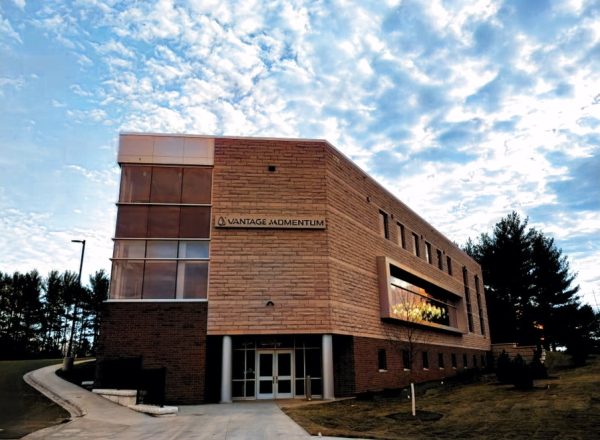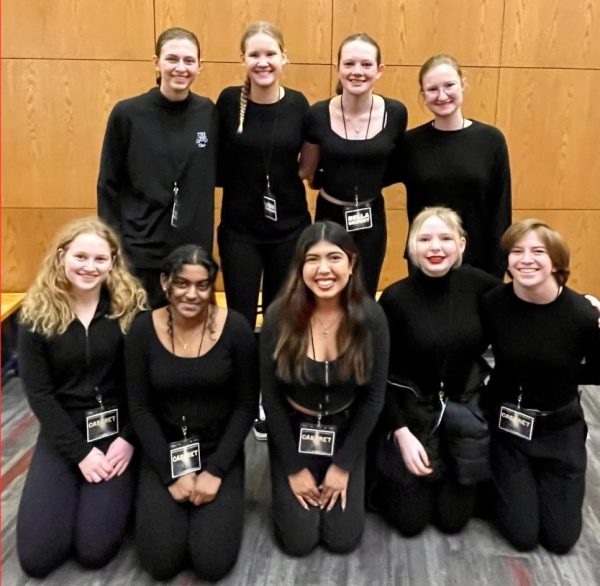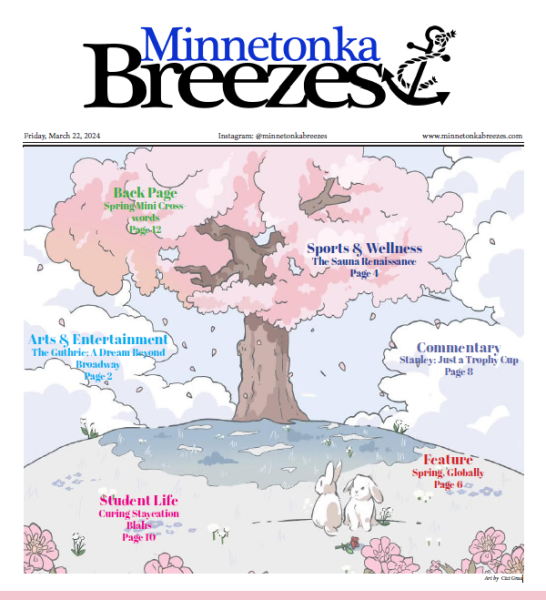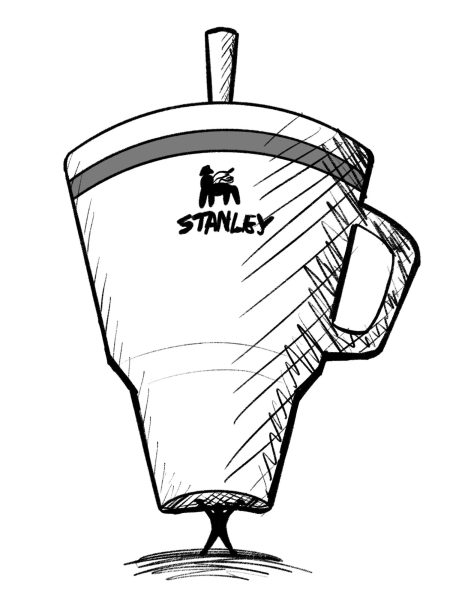“That which is accepted as knowledge today is sometimes discarded tomorrow.”
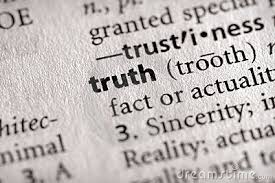
December 3, 2015
We attend school every day, well mostly besides the every-now-and-again mental health days and it’s important to consider the content fed to us. This quote rattles the perceived idea that everything taught to us is objective, especially in history.
As a child knowledge is constantly discarded and replaced with an updated version. For me, I accepted the cliché phrase, “If you don’t have anything nice to say, don’t say anything at all”. As a child I often refrained from speaking. This accurately taught me how to filter my thoughts. Once I had seeped all I could from this phrase and learned to filter, this phrase was thrown out. My mom began to teach me to speak my mind and not be passive aggressive or lie. This new idea of speaking my mind has taught me to stick up for social causes I believe in. As children grow older they discard the knowledge once deeply ingrained in them. Similarly, historians must take on this concept. Historians ideally should build on the knowledge progressing closer to the truth, but new is not necessarily better.
The plausible reason for the rejection of knowledge is the discovery of new knowledge. We learn more information disproving previous knowledge. Unfortunately, the main issue is selectivity. The selectivity is drawn from the pure multitude of information. Historians must decipher what they find important. The problem lies with what they do decide to exclude. It is frightening to think that the control of what students learn can be based on a historian’s priorities. This is the issue of shifting our knowledge, we have to discard some information to make room for the new information, which often is omitted based on an opinion of how a historian wants the history to be seen.
It may seem the advancement of new knowledge creates a more neutral standpoint. Unfortunately, the acquisition of new knowledge does not eliminate bias. Culture breeds bias. The word interpretation is key, as all historical information presented has to be translated and interpreted diverging from the primary sources.
Everyone assumes new is better, whether it is technology or new information. We assume more information is more accurate; humans are only getting smarter. But what if new is not better?
Selectivity is inevitable; neutrality is impossible; and change can often bring us further from the truth.


